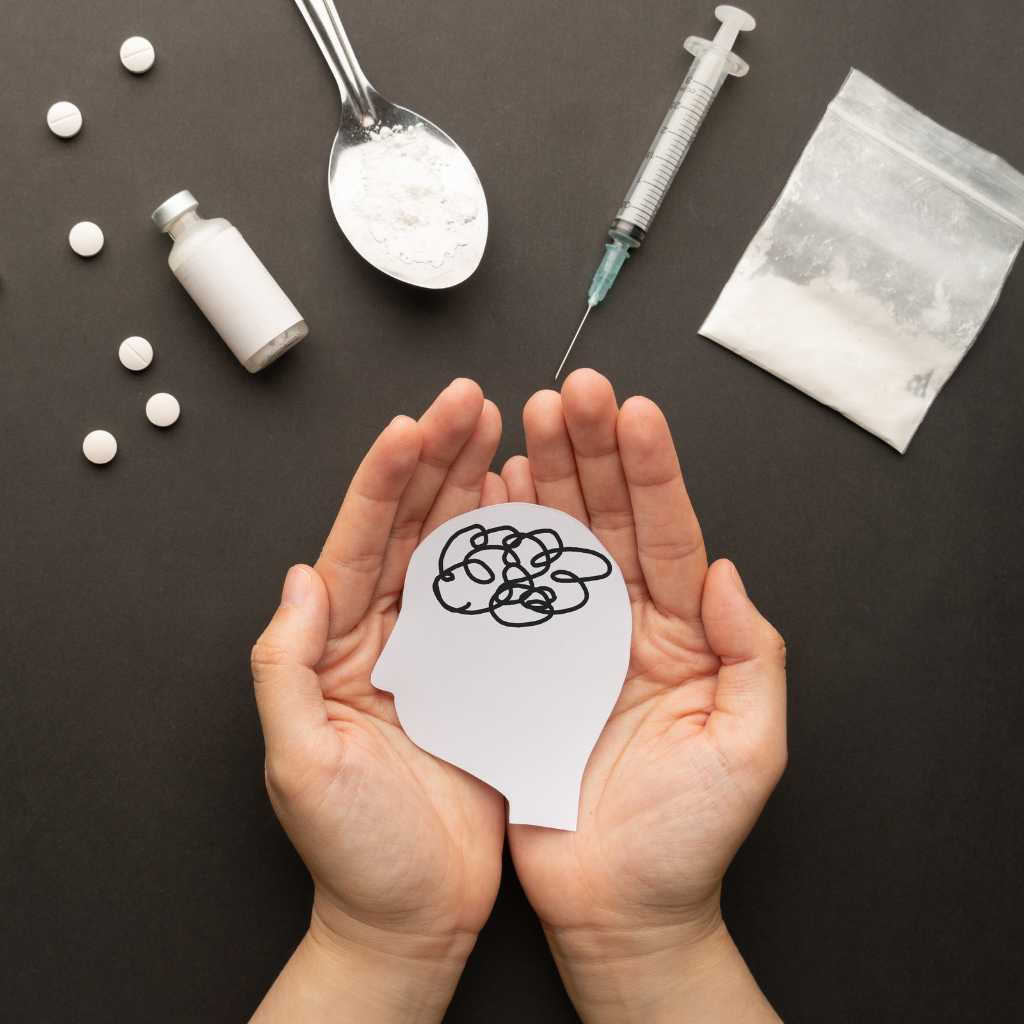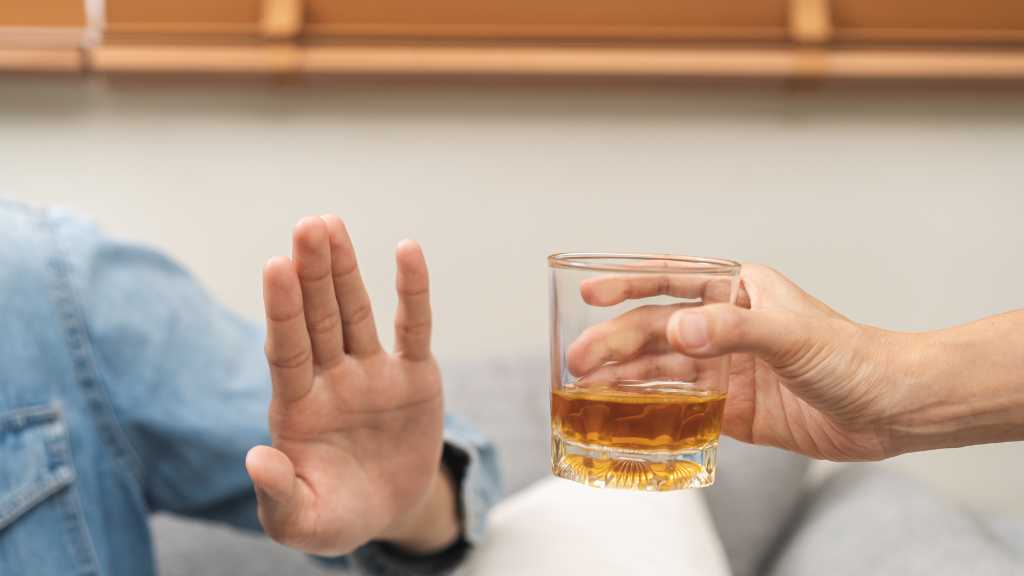Table of Contents
Do people with addictions have no self-control?
When we talk about addictions, the question often arises: Do people with addictions have no self-control? From the outside, it may seem that the problem lies in a lack of willpower, an inability to say “no” or “enough is enough.” However, the reality is much more complex, and understanding the relationship between addiction and self-control is critical to approach the issue in a more humane and empathetic way.
Addiction is not simply a lack of willpower. It is a disorder that profoundly affects people’s brains and behavior. In fact, according to recent research, addictions alter the functioning of the reward system in the brain, making it difficult for a person to control their impulses or make rational decisions in the face of their addiction. Self-control plays a role, yes, but addictions are diseases that involve much more than just “lack of control.”
In this blog by GateHouse Treatment, we will explore the relationship between addiction and self-control and provide a clearer understanding of the complexity of changing behaviors when an individual is dealing with substance abuse disorder (SUD) or other addictive conditions. We also aim to highlight the importance of seeking professional support to help our loved ones overcome these mental health conditions.
What is Addiction?
Addiction is an affliction that affects brain functioning and behavior. Individuals with addiction experience compulsive behavior to pursue engaging in a specific activity or consuming a substance despite the negative consequences this may bring. Here is where confusion arises: from the outside, it may appear to be an ongoing choice of bad habits, but for someone suffering from addiction, the desire to consume or engage in an activity can overcome any logic or self-control.
According to research from Frontiers on Psychiatry, there are two main types of addiction:
- Primary Addictions: In this case, the addictive substance or behavior is the central problem, such as alcoholism, drug addiction, or gambling.
- Secondary Addictions: These behaviors develop as a consequence of another underlying problem, such as anxiety or depression. In these cases, the addiction is a form of self-medication, or the individual uses it as a way to escape, desensitize, de-stress, or relax.

Addiction and Self-Control: According to Science, It’s Not That Simple
Self-control is the ability to resist temptations or impulses to achieve a long-term goal, and under normal conditions, we all exercise some level of self-control daily. But in the case of a person with addiction, the neural connections that regulate self-control are altered.
Scientific studies found in the book “Facing Addiction in America” have shown that addiction alters two critical areas of the brain:
- The Reward System: This brain system includes areas like the nucleus accumbens, which release dopamine when we experience something pleasurable. Over time, individuals with addiction need more of the substance to release the same amount of dopamine, which reinforces addictive behavior.
- The Prefrontal Cortex: This is the part of the brain responsible for decision-making and self-control. In people with addiction, the prefrontal cortex has a diminished ability to regulate impulses, making it extremely difficult to resist temptation.
We can find a clear example of addiction and self-control in the case of nicotine addiction. Smokers know that smoking is harmful, and many want to kick the habit. However, studies have shown that, although they have the intention to quit smoking, decreased activity in the prefrontal cortex reduces their ability to maintain that control in the long term. Addiction, in this case, is not a simple lack of willpower but an actual biological alteration.
Both types of addictions affect the person’s ability to exercise control over their actions, and that leads us to explore the relationship between addiction and self-control.

The Role of Control and Willpower
The idea that control and willpower can overcome an addiction is a myth that often prevents people from seeking professional help. Although self-control is one part of the equation, addictions require treatments that address both the psychological and biological aspects.
For example, cognitive behavioral-based therapies can help people retrain their thinking and behavior patterns. Still, medical treatment, such as medications that help restore the chemical balance in the brain, is often also needed.
When addressing addiction and self-control, it is essential to emphasize that willpower does not disappear entirely in a person with addiction, but the ability to exercise it is limited. A comprehensive recovery involves learning alternatives to control these impulses and re-establishing healthier neural connections.
Solutions and Resources for Addressing Addiction and Self-Control
For people struggling with addiction, self-control can seem unattainable. However, some resources and treatments can make a difference:
- Cognitive Behavioral Therapies (CBT): This therapeutic approach involves professional help to recognize and modify negative thought patterns and develop skills to manage self-control more effectively.
- Support Groups: Groups such as Alcoholics Anonymous (AA) or Narcotics Anonymous (NA) are critical for many people in recovery, providing a supportive environment where the community can foster willpower and motivation.
- Medical Treatments: A variety of medical treatments are available to treat addictions. In some cases, specialists prescribe medications to help reduce intense cravings or restore chemical imbalances in the brain, or they can also suggest engaging in various levels of care that may involve detoxification, partial hospitalization, or outpatient programs.
Addiction and Self-Control Go Beyond Willpower
The relationship between addiction and self-control is complex and deeply rooted in a person’s brain and biology. It is not a lack of willpower or a weakness of character but a disease that requires a combination of emotional, therapeutic, and, in many cases, medical support.
If you or someone you know is facing addiction, it is essential to remember that you are not alone and that practical solutions exist. At GateHouse Treatment, we provide help through the right resources that are tailored to each individual’s needs to regain control and work toward a life free of addiction.
If you live in the New England area, please feel free to contact us through our website or by calling (855) 448-3588. We are available 24/7!
- Fentanyl Misuse: Awareness and Prevention - March 14, 2025
- High-Functioning Alcoholic: 5 Steps to Identify if You Are One of Them - February 23, 2025
- Rehab and Cancer Prevention: How Overcoming Addiction Reduces Risk - February 11, 2025




